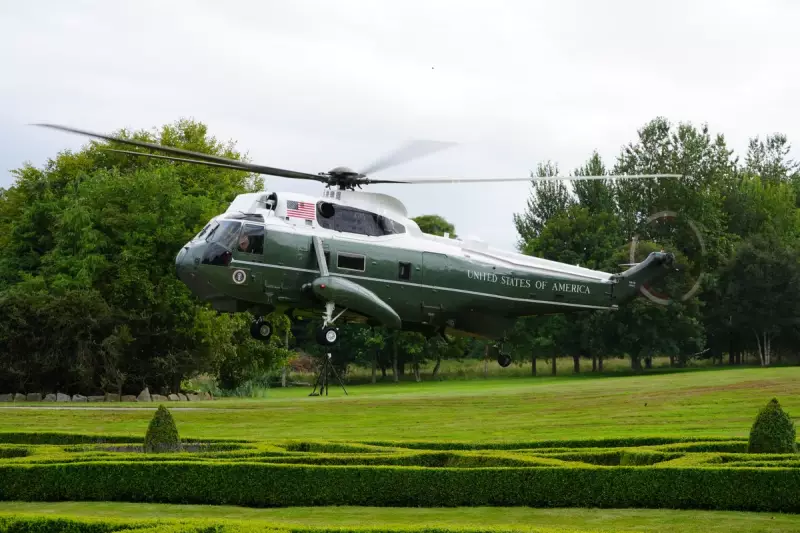
The 2024 US presidential election campaign has taken a unexpected detour to the tarmac of a British airport, sparking a diplomatic-style row. Donald Trump's team has launched an official complaint against London Luton Airport (LLA), alleging disrespectful treatment of the former President during a recent visit.
At the heart of the controversy is the parking position assigned to Mr. Trump's private Boeing 757, which bears his distinctive branding and is often referred to by his supporters as his version of 'Air Force One'. Airport authorities reportedly directed the aircraft to a remote stand, a move the Trump campaign has interpreted as a deliberate snub.
Campaign Spokeswoman Fires Back
Karoline Leavitt, the campaign's National Press Secretary, did not mince words in her statement to The Independent. She asserted that the decision by Luton Airport's 'liberal management' was a transparently political act, intended to slight the 45th President of the United States.
'This is yet another example of the kind of disrespect and partisan games that President Trump has come to expect from the establishment,' Leavitt stated, framing the incident as a slight not just against Trump, but against his millions of supporters.
Luton Airport's Response
In response to the allegations, a spokesperson for London Luton Airport provided a concise and operational explanation. The airport confirmed that the aircraft was handled in strict accordance with standard procedures applied to all commercial operations.
'The aircraft was parked on a remote stand, as is common practice at LLA for aircraft of this size,' the statement read, effectively refuting the claim of any politically motivated treatment. The airport emphasised its commitment to providing a consistent, professional service to all airlines and clients, regardless of the passenger on board.
A Pattern of Perceived Slights
This incident is not isolated in the narrative often pushed by Trump's allies, who frequently portray him as a target of the 'global elite'. The complaint to Luton Airport fits into a broader strategy of confronting institutions perceived as hostile, a theme that resonates strongly with his political base.
The demand for an apology is seen by many observers as less about the parking spot itself and more about solidifying a narrative of a embattled leader fighting against a biased system, even on foreign soil.
As the campaign trail heats up, this unexpected international spat underscores how even routine logistical decisions can become fodder in the highly charged world of modern political warfare.





